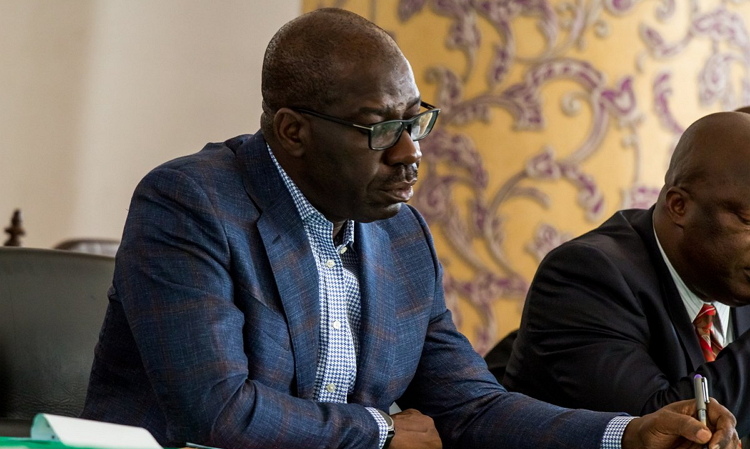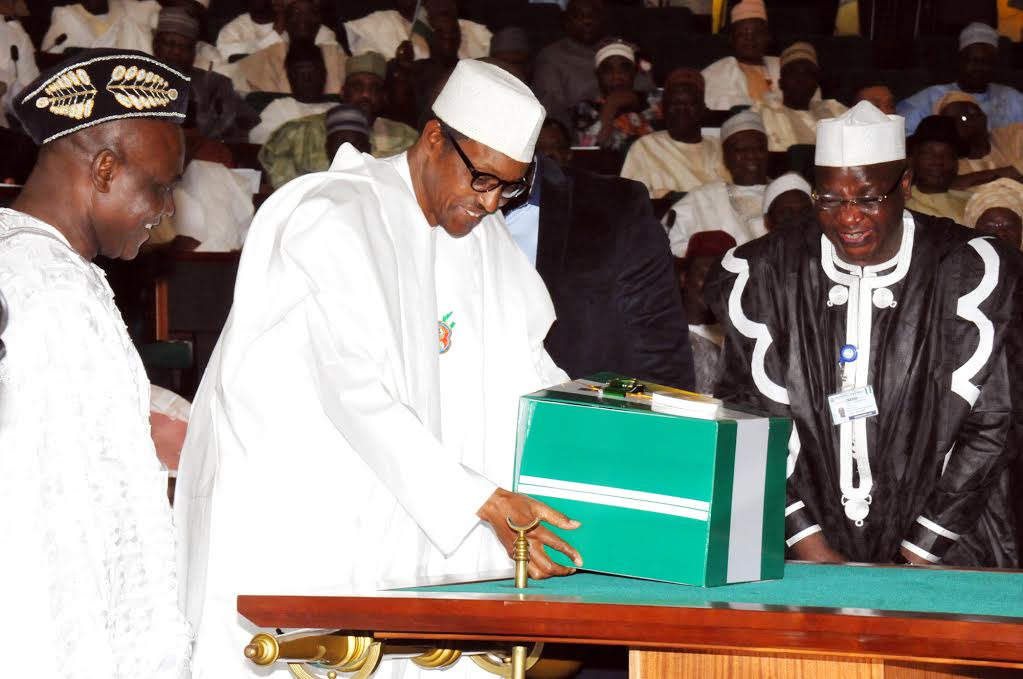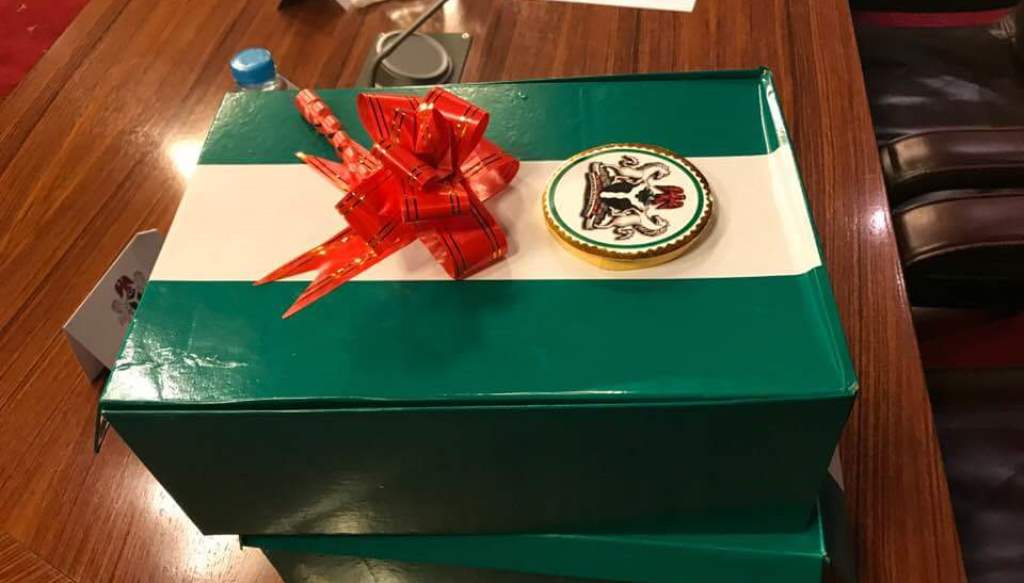A special Federal Executive Council (FEC) meeting will hold on Friday to finalise works on the 2019 budget, the Presidency has announced.
President Muhammadu Buhari will preside over meeting which is to exhaustively deliberate on the budget before transmitting it to the National Assembly for passage.
The Council had in October approved the 2019-2021 Medium Term Expenditure Framework, MTEF, and Fiscal Strategy Paper, and forwarded same to the National Assembly for its consideration and approval.
The Special Adviser to the President on Media and Publicity, Femi Adesina disclosed this to State House Correspondents at the end of FEC meeting presided over by the Vice President, Yemi Osinbajo at the State House Villa, Abuja.
It will be recalled that, the Minister of Budget and National Planning, Udoma Udo Udoma, had last month announced that the federal government was considering a leaner 2019 budget of N8.6 trillion, which is leaner than the N9.1 trillion approved by lawmakers for 2018.
He explained at a consultative forum on the medium term expenditure framework (MTEF) and fiscal strategy paper (FSP) 2019-2021, that the decision was due to reduced government revenue projection for the year.
Udoma also said government planned to cut down the level of borrowing from N1.6 trillion in 2018 to N1.5 trillion in 2019, while the deficit component would be reduced from N1.9 trillion in 2018 to N1.6 trillion.
In spite of the recent oil output drop to about 1.9 million barrels a day, Udoma said government was optimistic the 2.3 million barrels a day target was achievable with production now rising to about 2.15 million barrels a day and new oil productions being put into play.
Although a $50 per barrel oil price benchmark was proposed in the ERGP, the minister had expressed confidence that with a significant rise in the price above $80 per barrel currently, government has proposed a $60 per barrel oil price for the budget.
Udoma has added that N305 was proposed as exchange rate to the dollar, with government working to keep inflation down after slight increases in the last two months on the heels of 18 months consecutive decline.
The projected target gross domestic product (GDP) growth rate for the budget was put at 3.01 per cent, reduced from 4.5 per cent in the ERGP; 3.6 per cent in 2020 and 3.9 per cent in 2021.
“Growth is expected to increase from 0.8 per cent in 2017 to 2.1 per cent this year and 3.01 per cent in 2019 with the continued implementation of the ERGP in 2019 and improved outlook for oil prices,” he said.
On revenue, Udoma had said based on the oil price and oil production assumptions, government expected to generate about N3.6 trillion from oil, up by about N500 billion from last year’s figure.
About N6.9 trillion revenue is projected to be available to the budget in 2019.
With other projections showing government expects to collect less revenue from some independent sources, he said only about N624 billion is expected to be realised, against about N847 billion in the 2018 budget, among others.





